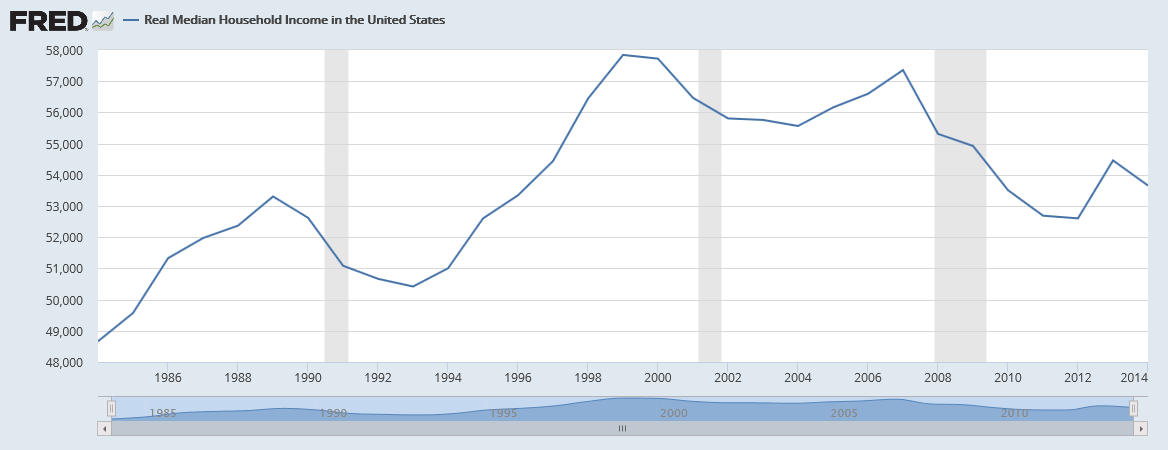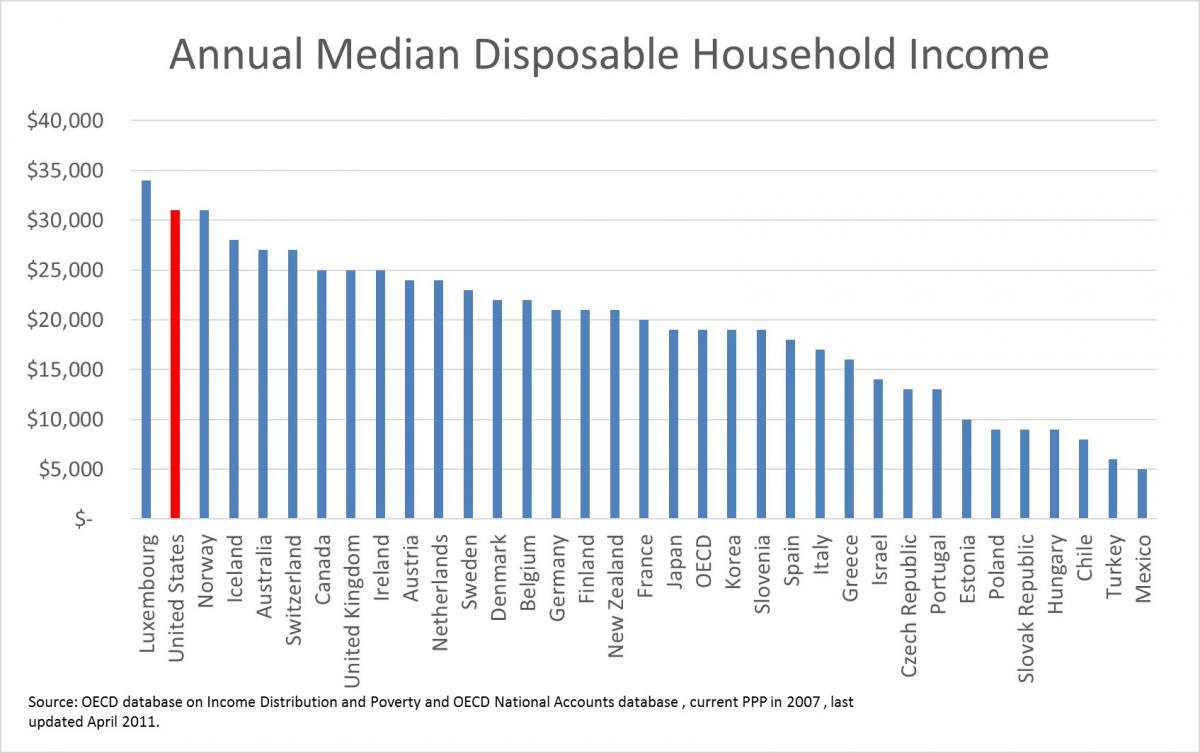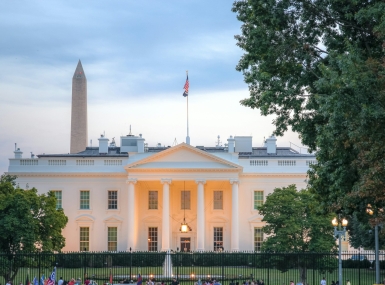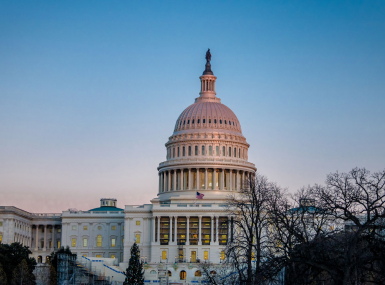Money Matters - June 27. 2016
Upcoming Events
Related News
Middle-class in the U.S. Stagnant, but Better than Our Neighbors
A new study by Pew Research finds that “the middle class is shrinking in most U.S. metropolitan areas.” U.S. Census Bureau data from 229 metropolitan areas for the years 2000 to 2014 revealed that 89 percent of these metro centers experienced a decrease in the share of the population considered middle class.

But this isn’t entirely bad news as many of these formerly middle class earners migrated into the upper-class category. In fact, more than 75 percent of these 229 regions saw an increase in the percentage of residents qualifying as upper income.
Yet, the percentage of lower income adults also grew in 70 percent of those regions. But what about those in the middle class itself? After decades of growth, middle-class households have experienced income stagnation over the past 16 years. Data from the Federal Reserve tell a similar story. After growing by more than 20 percent from 1984 through 1999, real median household income declined by more than 7 percent over the next 15 years. Data on median personal income stretches back further.
In constant 2014 dollars, income on a personal level leapt by more than 30 percent from 1974 to 2007. But by 2014, median personal income levels sank to the levels of 1998. Sentier Research crunches data from numerous government sources to provide more current monthly estimates of median household income. Even with the ongoing economic recovery, median household income in April 2016 remains more than $300 lower than that registered in January 2000.
Despite the current stagnation, we are doing far better than our peers in the developed world. A quick look at our fellow members of the Organization for Economic Co-operation and Development (OECD) bears testament to this success. The OECD consists of 34 of the world’s most developed, wealthiest nations. How does the United States compare?
Data from OECD show that median household disposable income of $34,000 in the United States (adjusted for purchasing power parity) is exceeded only by Luxembourg. This nation dwarfs the OECD average by 78 percent — even eclipsing other wealthy nations such as Norway, Switzerland, Sweden and Germany. In fact, an analysis of OECD data by the Mises Institute found that 14 OECD nations (including Japan, Korea, Italy and the United Kingdom) have median incomes below that of every U.S. state after adjusting for both taxes and social welfare benefits. Even Germany was eclipsed in median income by 41 U.S. States. The present stagnation must be addressed, but relative to its peers, the United States continues to excel.
For those struggling to secure a brighter economic future during this period of stagnation, this past success and our relatively better economic performance provide little solace.
What can be done to resume the once-steady improvement of the condition of those within the middle class?
Policy makers must strike the proper balance between removing imprudent regulatory impediments to economic growth while at the same time ensuring that tailored regulations adequately address externalized costs such as pollution.
Perhaps most importantly, we must keep in mind that technological advancement can ensure higher output per each unit of labor and capital utilized. Government policies can create conditions hospitable or hostile to such advancement. Our economy continues to produce wealth in greater widespread abundance than any other civilization in human history. In the end, economic prosperity does not happen by chance. Let’s hope the current pause in middle-class betterment ends swiftly as the country implements solutions based on contemporary applications of the factors, which created the middle-class boom of the 20th century.
Attachments
Related News

White House signs Executive Order on state AI lawmaking
President Trump signed an Executive Order (EO) aimed at mobilizing federal agencies to challenge existing state laws on artificial intelligence.

Tumultuous ’80s test NACo’s fundamentals
NACo took two entrepreneurial risks in the 1980s — one nearly bankrupted the organization and the other has gone on to pay dividends for more than 40 years.
